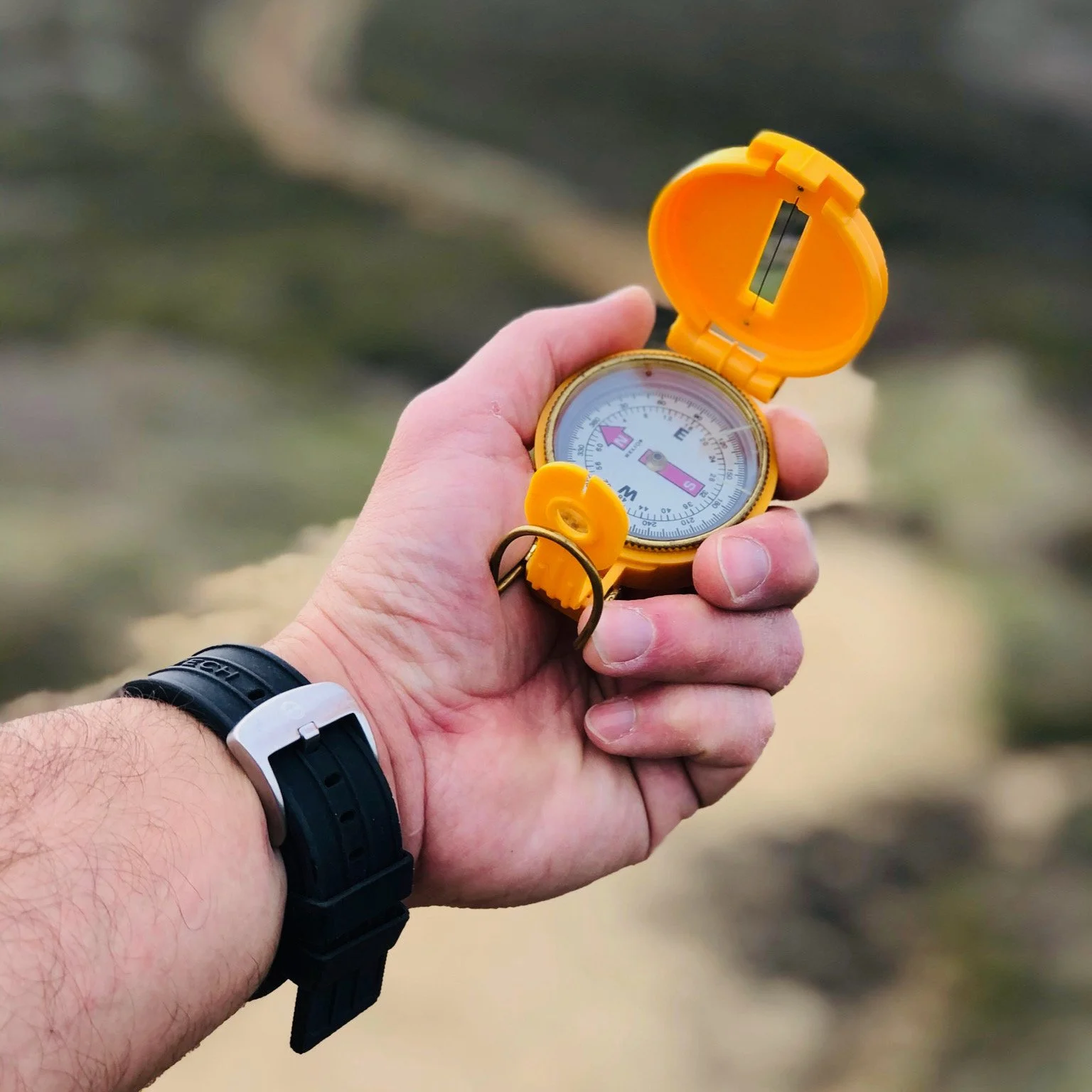26 Different Disasters and Emergencies
That’s right, there are 26 disasters and emergencies listed by the Department of Homeland Security. Natural or human-made, the scale of these events can vary widely, meaning they can affect a small or large area, and can have varying degrees of impact on the affected community.
Many of us feel that a disaster is unlikely to directly impact us. Going to work, or taking the children to school after our morning coffee, we generally feel quite confident with our daily routines. It's easy to believe that such events are remote and won't happen to us.
Too often, we refuse to face reality because we don’t want to challenge our illusion of security and comfort. In crisis management, we talk about emotional pitfalls or traps:
Denial “it can’t—it will never happen...”
Head in the sand syndrome “I don’t want to think about it…”
Carelessness “I have other priorities…”
Hopelessness “there is nothing I can do to prevent it from happening…”
Invulnerability “it will never happen to me…”
The recent disasters that we are passively witnessing through the media and social networks should serve as important reminders to always be prepared. They should be a wake up call and prompt us to consider what actions we would take if a calamity were to occur in our own backyard, our neighborhood, our city.
Even though a situation is unexpected doesn’t mean that we can't prepare for it beforehand.
How Do We Start?
We can research “emergency preparedness” on the internet and check out millions of results. Governmental agencies, professionals, community groups, individuals, survivalism gurus… Enough to freak out. However, much of the material can be overwhelming and fear-based, promoting an apocalyptic approach to survival.
But most of us don’t need to anticipate the end of the world, we simply seek practical and straightforward advice to help us feel more prepared. As with most things in life, meeting a crisis with a calm and level-headed approach usually tends to yield better outcomes.
A Step by Step Approach
We believe that being aware and prepared will help you to feel more confident, more in control and better able to be proactive, efficient and hopeful, in times where so much seems out of control. We want to share a positive philosophy, a clear yet highly effective methodology that draws upon years of practical experience. Smart tips and practical knowledge to make you a cheerful and resourceful Spero, that’s our term for someone that is ready to meet a crisis head on.
Make an assessment of my needs
Emergency plan
Communications Plan
DIY Emergency Kit
Handling Stress



